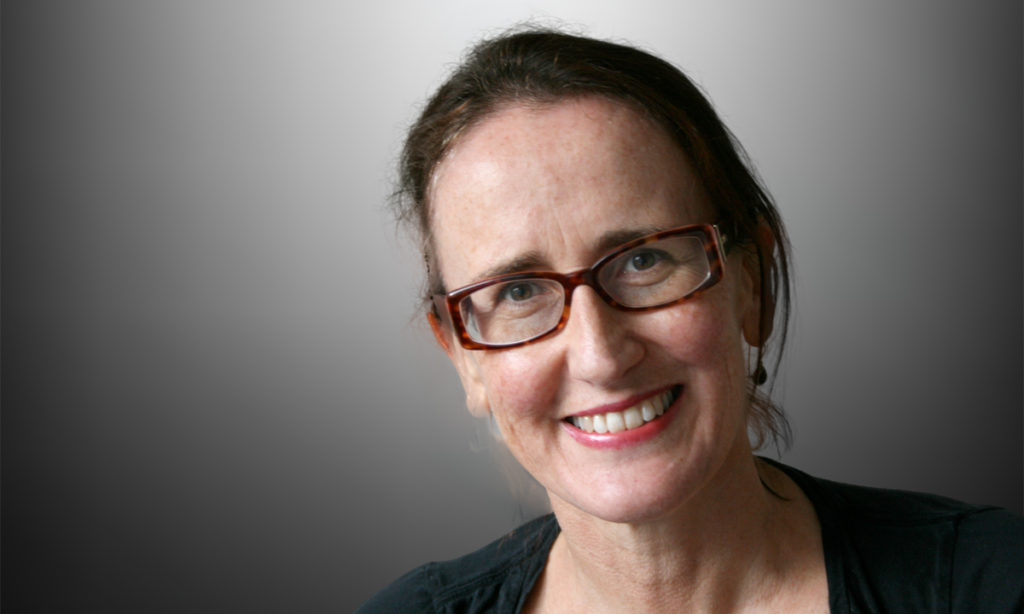A LETTER appeared in mailboxes around my inner-city area last week containing vital new information with the potential to radically alter our approach to public health.
Headed “The Corona Virus is a Scam”, the letter stated germs did not cause disease and viruses did not exist. The unnamed author knew this because they had “worked in an electron microscope unit” where they had “learned to use all the equipment”.
There was only one human disease, the author stated confidently, and that was vitamin deficiency caused by the consumption of junk food. Readers were urged to stop the “medical system dictatorship” by signing petitions against forced vaccinations.
Letterboxing seems very old school in 2020. The real battles happen on social media, and in forums most readers of this publication probably never see.
Also last week, for my sins, I took a dive into the comments on a Channel 9 report of the Prime Minister’s announcement his government had secured access to a possible COVID-19 vaccine being developed by AstraZeneca.
The announcement itself seemed somewhat premature, what with the vaccine not yet having been shown to be either safe or effective, but I guess you can understand the politicians’ desire to share some good news for a change.
Public comments on the Channel 9 report were overwhelmingly negative, with the occasional rational question about possible safety concerns if a vaccine was brought to market too quickly, drowned out by a turbulent mix of conspiracy theories, apocalyptic thinking and straight-out lies.
The vaccine would have computer chips embedded in it to control our minds, all vaccines came from Satan and were against God’s law, Bill Gates had created the virus so he could profit from the vaccine, and so it went.
Commenters frequently urged others to “do their own research” rather than trusting what they were told by authorities. I’m guessing they didn’t mean people should set up their own randomised controlled trials.
There is comedy in all of this, but it’s disturbing too. Such comments may represent fringe views, but they demonstrate how easy it is for any of us to create our own self-confirming realities in the online world.
Researchers from King’s College London conducted three surveys to examine correlations between social media use and belief in various COVID-19 conspiracy theories.
The most recent, conducted in the UK in May, found belief in COVID-19 conspiracy theories was astonishingly widespread. Nearly a third of the random sample of more than 2000 people believed the virus had been created in a laboratory, while a similar number believed most people in the UK had probably already had the disease without realising it.
Smaller numbers held more extreme views: more than 12% believed the pandemic was part of a global effort to enforce vaccination, more than 5% that the symptoms ascribed to COVID-19 were really caused by 5-G radiation, and more than 5% that there was no hard evidence the coronavirus existed at all.
Those who used social media platforms as sources of knowledge about the pandemic were significantly more likely to believe the conspiracy theories, particularly the more extreme ones. YouTube had the strongest association with conspiracy beliefs, followed by Facebook.
Those who gained their information from traditional media were less likely to hold such views.
Reliance on social media platforms for information was also associated with unwillingness to undertake health-protective behaviour such as social distancing or self-isolation when symptomatic, the researchers found. Again, YouTube had the strongest association with non-compliance.
Is it tenable for social media platforms to remain unregulated when they continue to provide “a worldwide distribution mechanism for medical misinformation”, these researchers asked.
It’s a valid question, although one without any easy answers.
The mega-corporations behind the dominant online platforms have long disclaimed responsibility for content posted by their users, conveniently seeing themselves as more akin to a telephone than television. It’s hard to see them voluntarily taking on the role of internet police.
The early days of printing raised similar quandaries, as people enthusiastically adopted the new technology to spread scurrilous information about neighbours and business rivals. It took a while, but eventually that behaviour was reined in through defamation and other laws.
Social media present a bigger challenge, not least because we would not want to stifle the creativity and diversity of the online world.
But as traditional media die a slow death, we will become increasingly dependent on unregulated online platforms for information about everything from health to political corruption.
Whether it’s through new models to preserve quality journalism or some other means, we need to find a way to ensure quality information remains available, identifiable and, perhaps most importantly, engaging.
Jane McCredie is a Sydney-based health and science writer.
The statements or opinions expressed in this article reflect the views of the authors and do not represent the official policy of the AMA, the MJA or InSight+ unless so stated.

 more_vert
more_vert
The irony is that the rabid anti-science conspiracy theorists use that so very complex part of modern science, namely computers and the internet.
Not all these “conspiracy” theories are irrational. It is unlikely but possible that the virus was accidentally created in the Wuhan virology lab. It is perhaps a little more likely that most people in the UK have been at least exposed to the virus without knowing it.
The author comments on randomised controlled trials for the vaccines then describes social distancing and self isolation as “health protective” despite the lack of any such trials for any of the public health initiatives.
The immune response to the virus seems to play an important part in the patients who develop severe complications and die, justifying a sceptical approach to any vaccine.